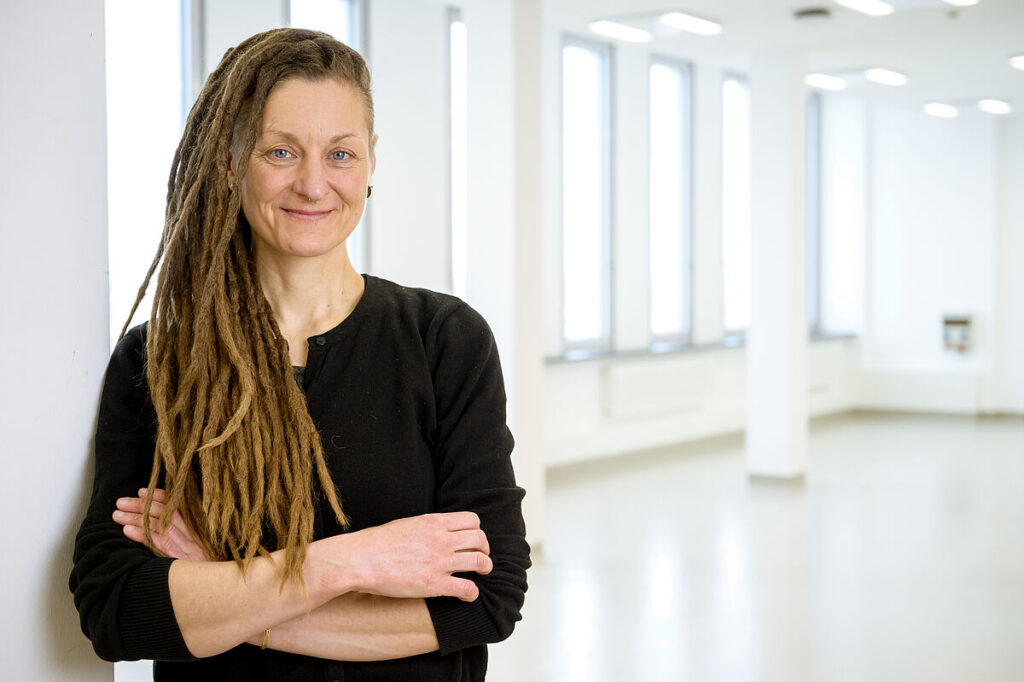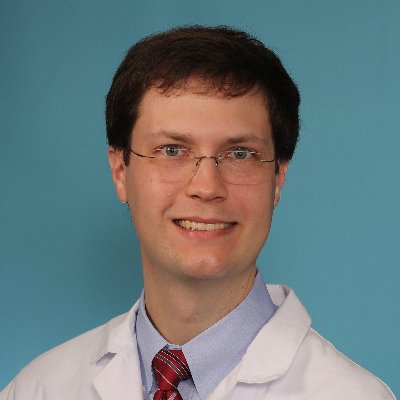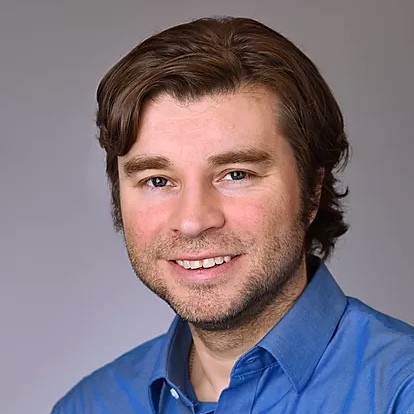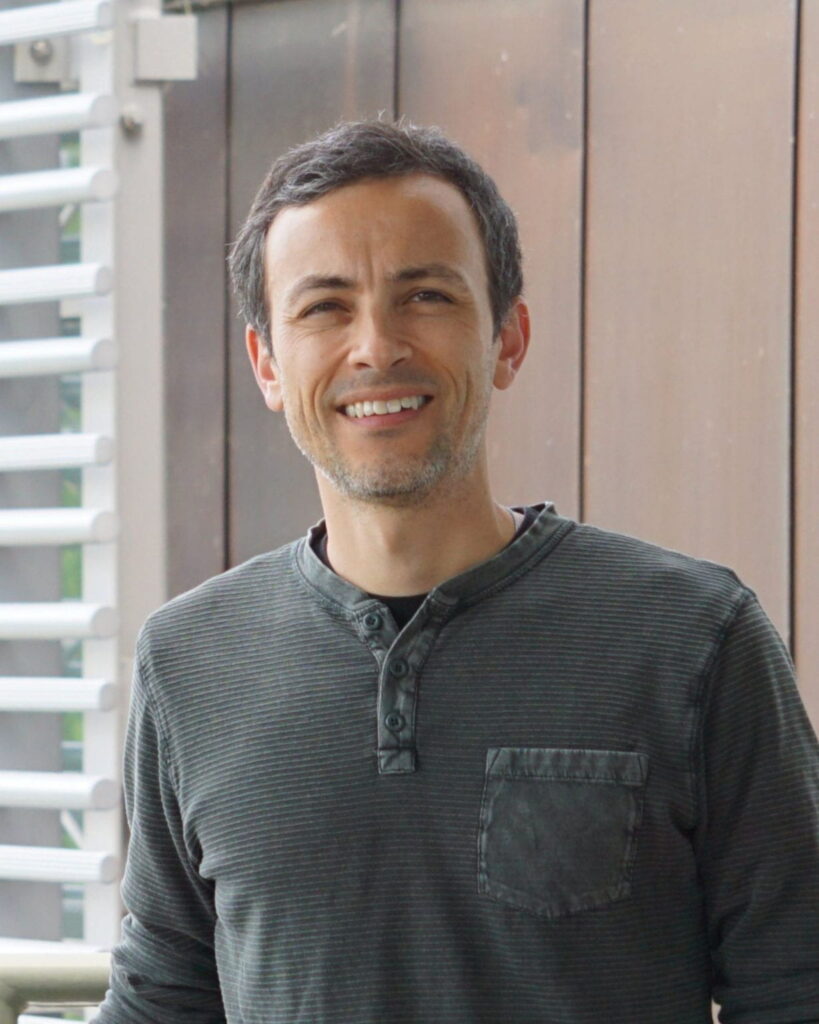Mark Ebbert
Mark T. W. Ebbert, PhD Linkedin Twitter Google Mark Ebbert, Ph.D., studies neurodegenerative diseases using cutting-edge sequencing technologies and computational approaches such as computational biology and bioinformatics. Dr. Ebbert’s research focuses primarily on Alzheimer’s disease (AD) and amyotrophic lateral sclerosis (ALS, or Lou Gehrig’s disease). Ultimately, Dr. Ebbert aims to discover disease etiology and develop […]










